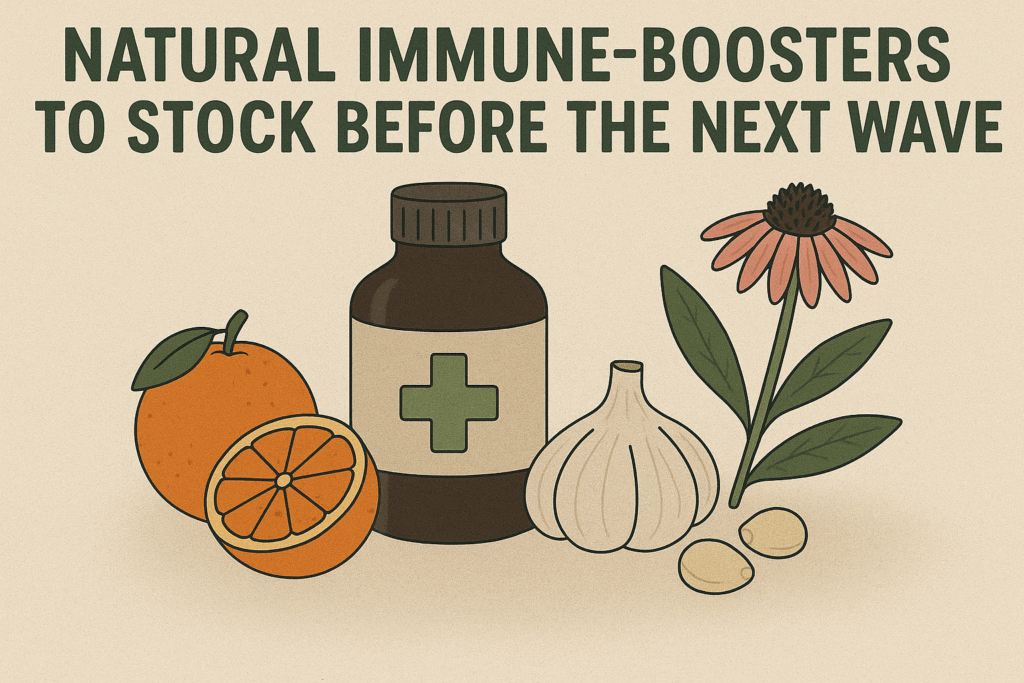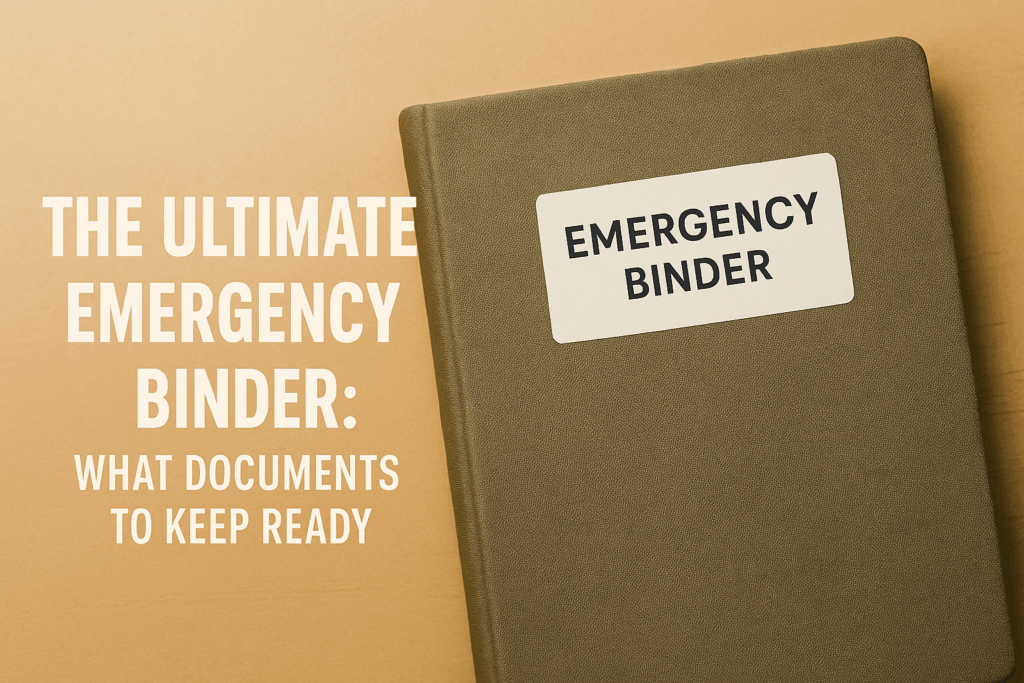Let’s be honest—when a heatwave hits and your home feels like an oven, it can feel downright miserable, especially if you don’t have air conditioning. But here’s the good news: you’re not helpless. People have been managing extreme heat for centuries without AC, and with a few smart moves, you can too. Learning to survive extreme heat isn’t just about staying cool—it’s about protecting your health, conserving energy, and keeping your cool (mentally, too). Whether you’re dealing with rising utility bills, a power outage, or just an old house with no central air, these tips can help you stay safe and sane.
Know the Signs—and Take Them Seriously
The first step to beating the heat is understanding what you’re up against. Heat isn’t just uncomfortable—it can be dangerous. If you feel dizzy, nauseous, overly tired, or notice you’re not sweating anymore, those are warning signs. Heat exhaustion and heatstroke can sneak up fast, especially if you’re older, very young, or managing a health condition. To survive extreme heat, you’ve got to listen to your body and act early. Staying cool isn’t a luxury—it’s a necessity. So give yourself permission to slow down, take breaks, and put your well-being first.
Keep the Sun Out (and the Cool In)
When the sun is blazing, keeping it out of your home makes a huge difference. During the hottest parts of the day, close blinds, curtains, or hang up blankets to block direct sunlight—especially on east- and west-facing windows. If you’ve got reflective sunshades or blackout curtains, even better. In the evening or early morning, open up windows to let in cooler air. You don’t need expensive gadgets to survive extreme heat—just some smart timing and a little fabric can help your home stay surprisingly livable.
Stay Hydrated Like It’s Your Job
You’ve heard it before, but it’s worth repeating: drink water—lots of it. And not just when you’re thirsty. Dehydration sneaks up on you fast when it’s hot, and it’s one of the easiest things to prevent. Add a splash of lemon, cucumber, or a pinch of salt if you need variety or are sweating heavily. Skip alcohol and cut back on caffeine if you can. To survive extreme heat, hydration is your absolute best friend. Even something as simple as chilled watermelon or cucumber slices can help cool you from the inside out.
Use Water to Cool Your Body
When the heat gets overwhelming, your best cooling tool might just be your faucet. Soak your feet in a cold bucket of water. Run your wrists under cool water. Drape a wet washcloth or scarf around your neck. Keep a spray bottle of water in the fridge and mist yourself throughout the day. You can even hang a wet sheet in front of a window to make a DIY evaporative cooler. These tricks might seem small, but when you’re trying to survive extreme heat, they can be a real game-changer.
Dress for the Weather (and the Battle)
Your wardrobe matters more than you think during a heatwave. Go for loose, breathable clothes in light colors—cotton and linen are great. Dark, tight, or synthetic fabrics trap heat and make everything feel worse. If you’re at home, it’s totally okay to dress down to bare essentials—comfort is the goal. Also, try to rest during peak heat hours (1–5 p.m.) and avoid heavy activity when the sun’s at its strongest. When you’re trying to survive extreme heat, every layer and every move counts.
Sleep Cool and Comfortable
Getting a good night’s sleep when it’s 90+ degrees indoors feels impossible—but it doesn’t have to be. Try sleeping with just a sheet or even a damp towel. Freeze your pillowcase or tuck a gel ice pack (wrapped in cloth) under your neck. Set up your sleeping space on the lowest floor or even camp out on the porch if it’s safe. If you can sleep near an open window with a breeze, even better. Sleeping well is key to having the energy to survive extreme heat the next day, so make it a priority.
Get Creative with DIY Cool-Down Hacks
You don’t need expensive cooling systems to feel better. A bowl of ice in front of a fan creates a mini air-chiller. Damp towels hung in doorways can cool passing air. Even putting your feet in a bucket of cold water while you work can lower your body temp. These aren’t fancy solutions, but they work—and when you’re doing everything you can to survive extreme heat, the small stuff adds up. Think low-tech, low-cost, and high-impact.
Stay Connected and Look Out for Others
Heatwaves don’t just affect you—they impact your whole community. Check in on your neighbors, especially the elderly, those with medical conditions, or folks living alone. If your place gets too hot, don’t be afraid to ask for help or find a public cooling center. To survive extreme heat, we sometimes need to lean on each other—and that’s okay. Text a friend to remind them to hydrate, share a fan, or pass on these tips. A little kindness can go a long way when the world feels like it’s boiling.
Final Thoughts
It’s no secret—we’re facing hotter summers and more frequent heatwaves. But the good news is, with a little preparation and some clever thinking, you can absolutely survive extreme heat without an air conditioner. You don’t need to suffer through it—you can find relief in simple, affordable, and surprisingly effective ways. So pull the shades, grab a glass of cold water, and know this: you’ve got what it takes to beat the heat. Stay cool, stay kind to yourself, and don’t underestimate the power of a damp washcloth and a well-timed nap.




